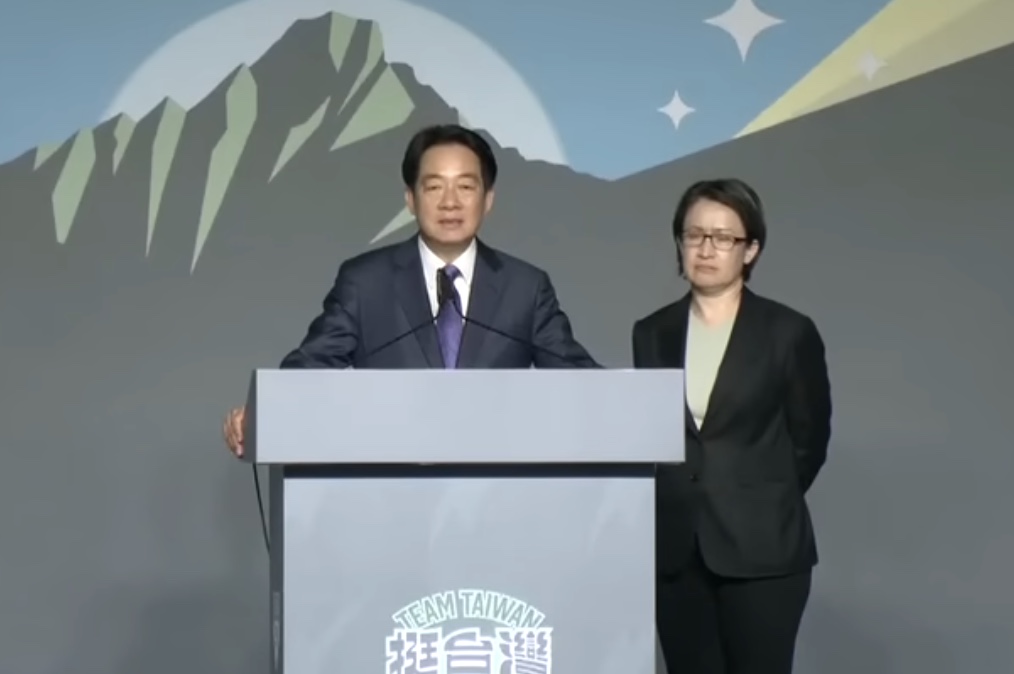Editorial
William Lai Ching-te the new president of Taiwan was elected, candidate of the Democratic Progressive Party (DPP), with which China has interrupted every channel of dialogue for at least eight years, obtained 40% of the votes. The gap with his political opponents was important: Hou of the Kuomintang stopped at 33,96% while Ko, supporter of a third way, obtained 26%.
Despite the intimidation of Beijing, which had threatened the Taiwanese with “make the right choice to avoid war” and called Lai a "destroyer of peace", these did not have the desired effect. The Chinese office in charge of Taiwanese affairs tried to downplay Lai's victory by stressing that he did not obtain an absolute majority, nor will he obtain one in parliament, arguing that "the tendency towards reunification is inevitable".
However, Lai's success has some remarkable aspects that contradict the Chinese narrative. Although the DPP had already been in power for eight years, with two consecutive terms, Lai managed to rise to the presidency, thus breaking a historical custom on the island.
On the night of his victory, Lai avoided being overwhelmed by the enthusiasm of the crowd celebrating his first speech as president-elect. He is aware that his constituency does not want reunification and identifies as Taiwanese. However, he launched an appeal to Beijing, proposing the replacement of conflict with dialogue based on equality and dignity. He stressed that peace is priceless and that war has no winners.
According to the vision of the new Taiwanese leader, by agreeing to listen to the reasons of the Taiwanese and reducing tension, Xi Jinping would have the opportunity to responsibly return to the international order. Lai did not mention independence, as he is aware that Taiwan is already de facto sovereign, with its own currency, control of territory and issuing passports that allow citizens to travel freely.
Taiwan occupies a prominent position as an industrial and strategic power, with significant production of microchips essential to the global technology industry. Despite Beijing's pressure for recognition as "One China", the majority of Taiwan's inhabitants have no ambitions to be labeled "Chinese" and consider themselves exclusively "Taiwanese".
William Lai won the election with 40,1% of the vote, without the need for a runoff. Nationalist candidate Hou Yu-ih came second with 33,5%. Election turnout was 71,8%, down from 74,9% in 2020, when Tsai Ing-wen won with 57%. Despite Lai's victory, the DPP lost its majority in parliament, with 51 seats to the Kuomintang's 52.
Former Taipei mayor Ko, third-placed with 24%, offered to contribute "responsibly", opening up the possibility of exceeding the 57-seat threshold needed for the DPP to maintain its parliamentary majority. The international community, including US President Joe Biden, has vowed to defend Taiwan, but also expects accountability from Taipei.
Subscribe to our newsletter!
